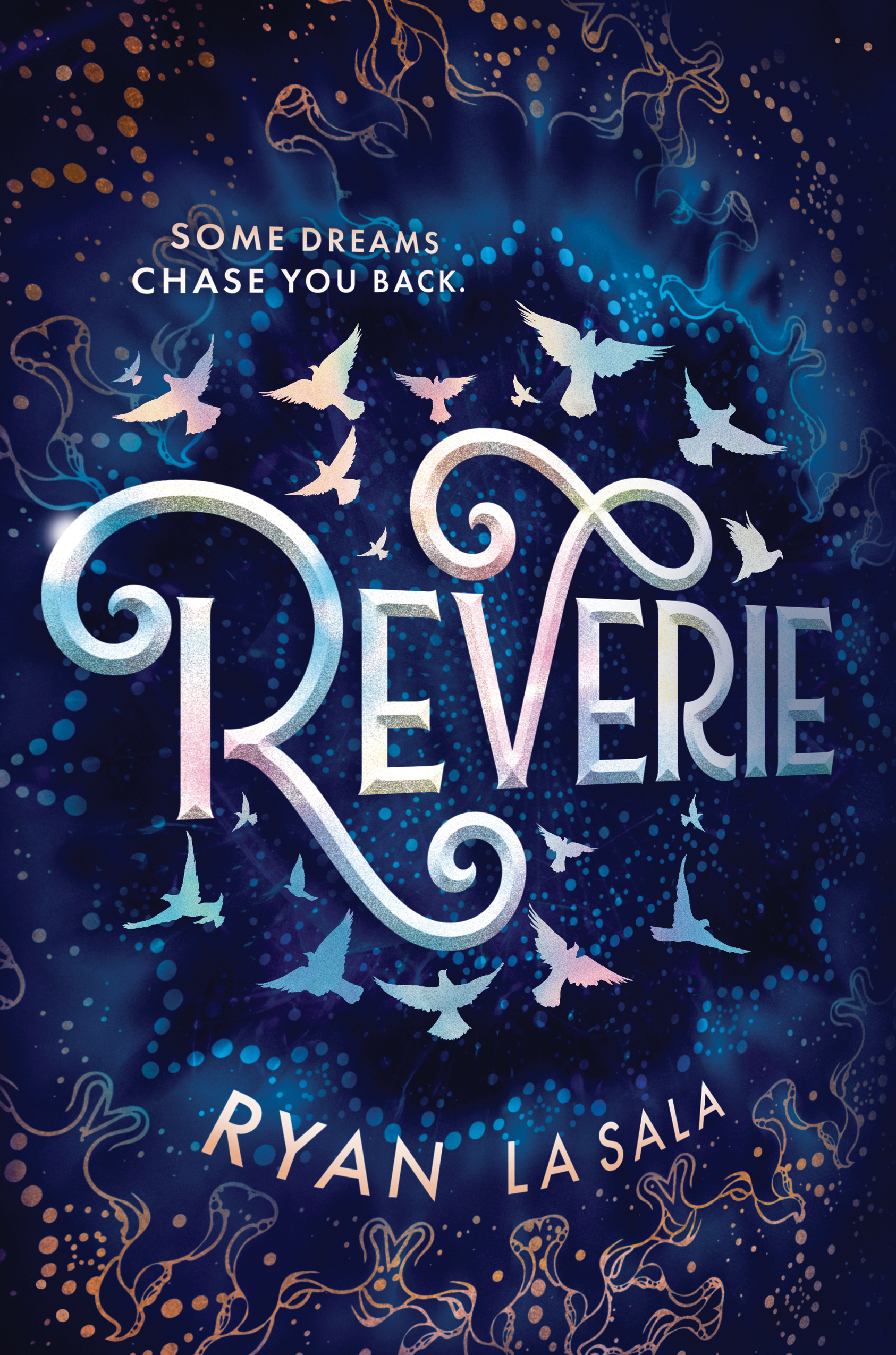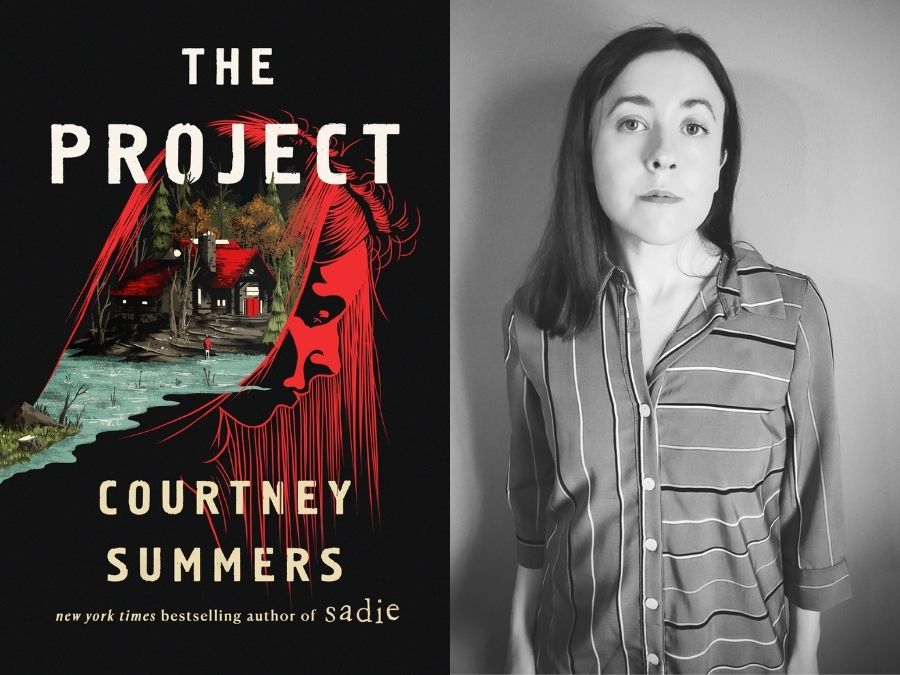Sunday Reflections: The Truly High Cost of Childhood Trauma
I first ran across the research regarding the long term effects of childhood trauma last year, and have commented frequently on how important I think this research is. As someone who works with teens, and even though they don’t like being called children in many ways teens are in fact children, I have felt compelled to read as much as I can about the long term effects of childhood trauma. And, I suppose, as an adult and a parent who has lived with childhood trauma, I have been interested to learn as much as I can about it. As parents, the long term effects of childhood trauma can very much effect how we parent. It turns out that the sins of the father can in fact be generational, not because of familial curses or a retributive god, but because the effects of childhood trauma can be passed down from generation to generation.
I wrote about the long term effects of childhood trauma earlier this week in discussing THE FALL OF INNOCENCE by Jenny Torres Sanchez, a book that looks at a teen who suffered a traumatic event as a young child. She believes that she has learned to deal successfully with her trauma, but a variety of events that happen in high school illustrate that she clearly has not.
ADVERTISEMENT
ADVERTISEMENT
There is a huge emotional and mental burden that exists when we discuss the long term effects of childhood trauma. It can effect bonding and stability. It can mean the adaptation of unhealthy coping mechanisms which are then passed on to the next generation of children. But because I am writing this in America and America no longer seems to care about the emotional or physical or mental health of its citizens, not even its children, let me discuss the high cost of childhood trauma in terms that many Americans do seem to care about: cold hard cash.
Child abuse and neglect costs our nation $220 million every day. – Source: http://www.preventchildabuse.org/images/research/pcaa_cost_report_2012_gelles_perlman.pdf
Childhood trauma is wildly expensive, both immediately and in the long term. It’s not just expensive for the child or the family of the child, but it comes at a great cost to us all.

There is a high monetary expense that comes along with the long term effects of childhood trauma.
But first, let’s take a moment to discuss childhood trauma. Childhood trauma can occur in many ways: physical and emotional abuse, sexual abuse or assault, divorce, observing parental domestic violence, loss of a home, natural disasters, food instability, sudden death of a parent or sibling, chronic illness, and chronic bullying are just a few sources of childhood trauma. Childhood trauma is an event that effects the emotional or physical well being of a child and effects their stress levels.
Of course not all children will respond to childhood trauma in the same ways. Personality is a factor, as is personal resilience. Children with more stable homes and supportive parents will have different responses to childhood trauma. When we talk about privilege, we must acknowledge that some children are more privileged than others and this privilege can help insulate them from the same traumas and impacts how they respond to said trauma. The point is, not all children will respond in the same way to the same trauma because no two children are the same.
So what, in fact, are some of the long term effects of childhood trauma?
Mental Health
Mental health issues can be caused by childhood trauma and can effect children long into their adult lives, especially if they do not have the resources necessary to help deal in effective ways with the childhood trauma. We know that 1 in 4 adults in America struggles with mental health issues, and there is a real financial cost for society that comes with these mental health issues. In particular, many adults who have experienced childhood trauma can experience PTSD, depression and anxiety.
Physical Health
Many adults who have experienced childhood trauma also have higher rates of obesity, eating disorders, and heart disease. In addition, many adults experience addiction, which we will discuss below. These physical effects all come with a cost.
Addiction
Addiction can also be caused by childhood trauma. As we wrestle here in America with the opioid crisis and we talk about doctors over prescribing pain killers, I think it is important that we acknowledge the role of mental health issues and self-medication in addiction. Back in 2006 when I had a very traumatic pregnancy that ended in a loss, I was prescribed a pain medication to help me with the physical pain that resulted. I was surprised when taking that medication also helped to dull the emotional pain that I was feeling and remember calling my cousin and saying, “You know, I understand now why people get addicted to this stuff.” I was in a very bad emotional place and that medication that I was prescribed really dulled that emotional pain, which is why I personally decided not to take it. But I had other factors in place that helped me through that difficult emotional time and helped me with the pain. I stood at the edge in that moment and realized how easy it would be to fall into substance abuse and addiction.
Incarceration
Reason studies indicate that there are high rates of sexual abuse among incarcerated individuals, especially incarcerated females. It is believed that the high rate and long term effects of sexual abuse among women is directly impacting the higher number of incarcerated females, and we know that there is a high societal cost to incarceration.
Job Instability
ADVERTISEMENT
ADVERTISEMENT
Mental health issues, addiction, low self-esteem and poor coping methods can all impact job stability. And high job turnover means higher training costs for businesses. And although I believe there are many factors that are contributing to the need for families to rely on housing and food assistance, including a lack of full-time jobs that pay a livable wage, I also believe that it is possible that one of the long term effects of childhood trauma is job instability, and it contributes to the need for government assistance.
I believe that we, as a society, should do everything we can to help decrease the amounts of childhood trauma happening. In addition, I believe that we should do everything we can to help our children deal with this trauma in healthy ways to help our children heal and develop healthy coping strategies. This would include seriously addressing issues like childhood hunger and health, including providing affordable health care, and improving every American’s quality of life by creating a country with more stable jobs that provide a truly livable wage. I believe that we should do this because it is the humane thing to do, because these are our children. But if that argument doesn’t work for you, I also believe we should do this because it saves us more money in the long term.
As a society we can choose to invest in public education, affordable healthcare, and creating systems where families can thrive and maintain a healthy work/life balance or we abandon our children now and pay in the future by funding prisons, watching our workforce dwindle to a handful of privileged few who have earned an education that can sustain our future, and having to find knee-jerk reactionary ways to handle things like the opioid crisis. One approach seems to make more sense than the other because it invests in healthy children and a healthy society. Investing in happy, healthy children today will minimize the amount of money we have to spend cleaning up our mess tomorrow. And clean up always seems to cost more than just doing the right thing from the beginning does.
Childhood trauma doesn’t just effect the child, or the immediate family of the child. It ripples out in both space and time causing a myriad of effects that have a lot of repercussions for society as a whole. When one part of the body is sick, the entire body is sick. When our children are sick, when they grow up to be sick adults, then we as a nation are sick. No man is an island; what happens to the most vulnerable of us happens to the whole of us. I can’t help but look around at our world today and see how truly sick we are, and I think one of our first steps in healing and finding true health has to be doing a better job of caring and providing for our children, not just because it is the humane and moral thing to do, but because all of society will benefit from it. If we don’t invest in the health and well being of our children now, we’ll just be paying for it in different and more negative ways in the future. I think we should chose health.
Filed under: Sunday Reflections
About Karen Jensen, MLS
Karen Jensen has been a Teen Services Librarian for almost 30 years. She created TLT in 2011 and is the co-editor of The Whole Library Handbook: Teen Services with Heather Booth (ALA Editions, 2014).
ADVERTISEMENT
ADVERTISEMENT
SLJ Blog Network
One Star Review, Guess Who? (#202)
Review of the Day: My Antarctica by G. Neri, ill. Corban Wilkin
Exclusive: Giant Magical Otters Invade New Hex Vet Graphic Novel | News
Parsing Religion in Public Schools
ADVERTISEMENT









